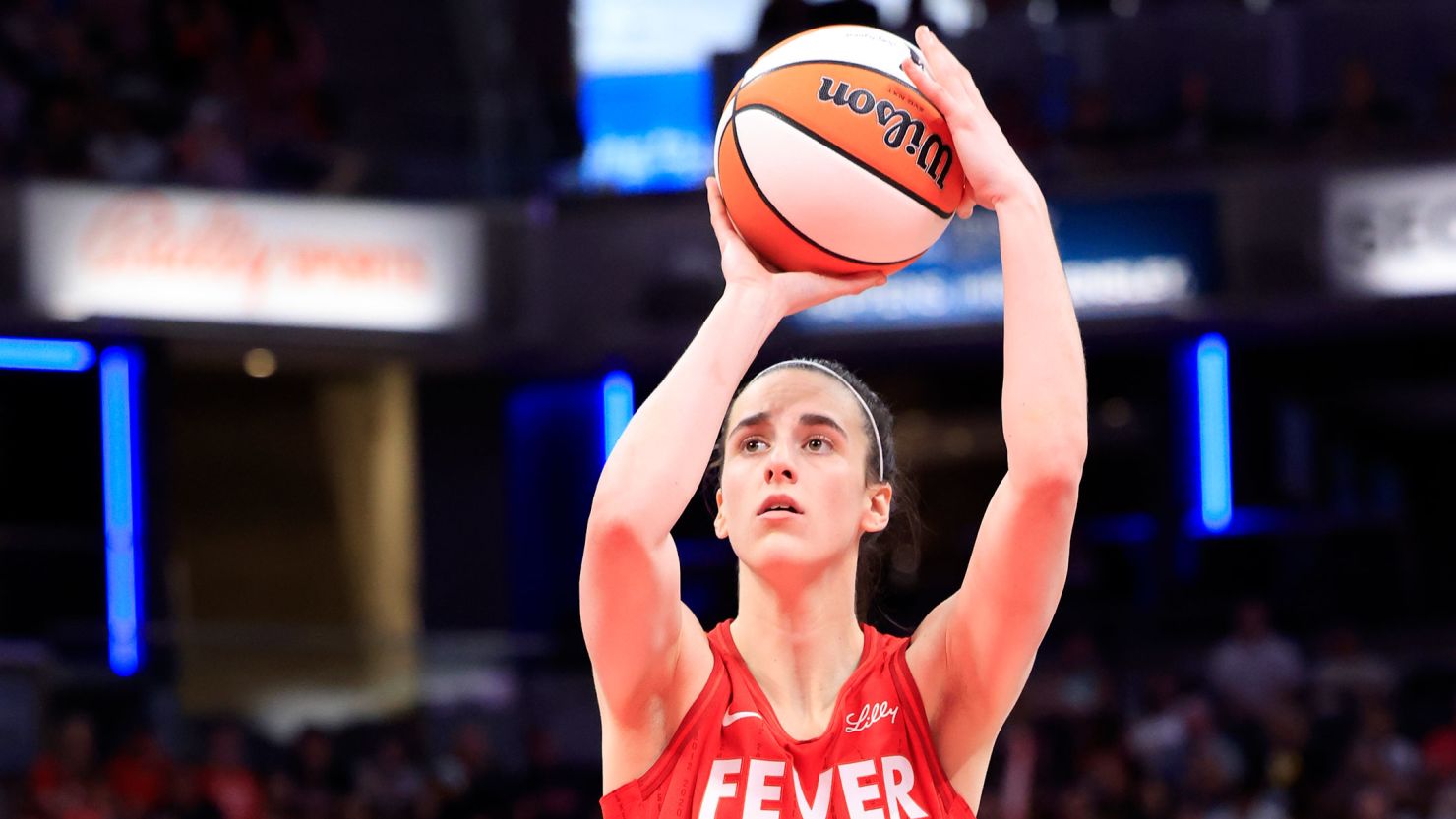Angel Reese recently commented on the refereeing during a game, suggesting that Caitlin Clark receives preferential treatment. Reese highlighted instances where fouls against Clark were not called, while her own team faced questionable officiating. This controversy underscores the broader issue of inconsistencies in refereeing and the challenges players face in receiving fair calls.

The game in question featured a controversial moment involving Diamond DeShields body-checking Clark, which was ruled a common foul.
This incident raised questions about the consistency of officiating in basketball, with both teams experiencing questionable calls that affected game flow and player performance. Reese’s remarks about prioritizing team success over personal accolades reflect a shift in focus towards collective achievement amidst these officiating challenges.
Clark’s performance, despite being marked by numerous fouls, has often been overshadowed by the perception of inadequate officiating. Her complaints about inconsistent calls, particularly in high-stakes moments, reveal a troubling trend of biased or ineffective refereeing. Comparisons with other players like Aaliyah Boston further highlight discrepancies in how fouls are managed.

The refereeing throughout the game was marked by delays and questionable decisions, contributing to frustration among players and fans. The lack of consistency, particularly evident in the handling of flagrant fouls and off-ball incidents, indicates a need for improved officiating standards. Both Clark and Reese struggled with uneven calls, affecting their performance and the overall fairness of the game. The tension surrounding the officiating, compounded by visible player frustrations, suggests that better communication and transparency are necessary to address these issues in the sport.





